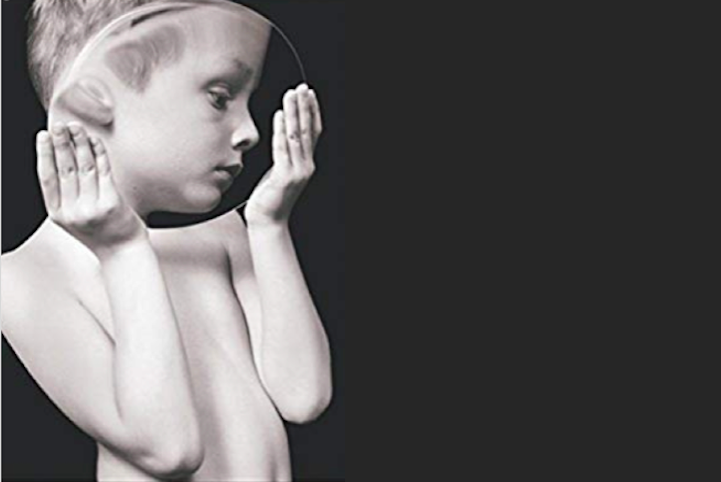
Since its institutional inception in 1990, queer theory has had a significant if vexed relationship with the figure of ‘the child’ and the construction of childhood more generally. Many critics acknowledge that childhood is one of the most overdetermined repositories for our cultural anxieties about sexuality, making it an invaluable object of analysis for any scholarship interested in sexual normativity. Yet critics have also rightly pointed out how the figure of ‘The Child’ has been—and continues to be—mobilized discursively for heteronormative, homophobic, transphobic, and white supremacist ends. In this module, we examine this dense intersection of ‘childhood’ and ‘sexuality’, focusing specifically on the genealogy of work within queer theory on ‘The Queer Child’. In pursuing this line of inquiry, we will consider questions of time, memory, identity, desire, race, power, class, colonialism, representation, agency, consent, and violence. The aim of this module is to expose students to the range of (often provocative) queer theories available about ‘The Child’ and to prompt them to consider what is at stake—ethically, politically, and theoretically—in the idea of ‘queering’ childhood.
- Module Supervisor: Chenyang Wang